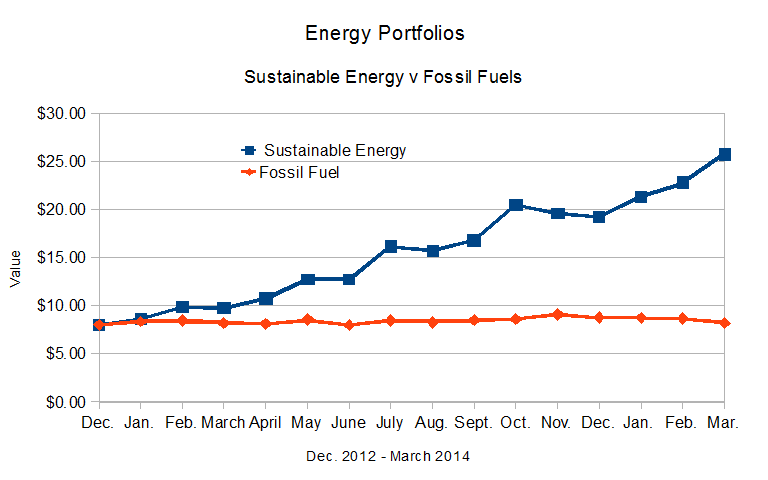 My chosen Cli-Fi book is called Solar, written by Ian McEwan. So far, I have been really engaged in the story and the situations of the main character, Michael Beard, who is an overweight, balding, aged Nobel prize winning physicist. The book is broken into three sections, and each section jumps ahead a few years in time. Part one is set in 2000, part two in 2005, and part three in 2009. Beard is the head of a research center in England for investigating possible technological advancements in solar and wind installations, and his most accomplished days are behind him. The author seems to joke frequently about how his coworkers at the institution all look the same with their haircuts and clothing choices. However, Michael Beard seems to have his mind on other issues besides alternative energy, and he leads the project halfheartedly.
My chosen Cli-Fi book is called Solar, written by Ian McEwan. So far, I have been really engaged in the story and the situations of the main character, Michael Beard, who is an overweight, balding, aged Nobel prize winning physicist. The book is broken into three sections, and each section jumps ahead a few years in time. Part one is set in 2000, part two in 2005, and part three in 2009. Beard is the head of a research center in England for investigating possible technological advancements in solar and wind installations, and his most accomplished days are behind him. The author seems to joke frequently about how his coworkers at the institution all look the same with their haircuts and clothing choices. However, Michael Beard seems to have his mind on other issues besides alternative energy, and he leads the project halfheartedly.When trying to connect this book to the ideas of climate change. I have some difficulty. Even though the title itself , Solar, suggests that this issue may be at the forefront of the novel, the truth is that it really is not. Perhaps the dilemmas and decisions that Michael Beard takes help reveal humanity's attitude toward a heating Earth. There are themes there for sure, but the impending dangers of the issue are certainly not the focus, and the book is extremely grounded. Without spoiling anything, the ending does not have a very tight connection to climate change, but the novel thoroughly entertained me from start to finish.
 I love the tone of the novel. There is a lot of humor sprinkled in, especially when the author decides to delve into Michael Beard's personal life and how it is in shambles. Yet, the humor contradicts with the heaviness of the background topic, which is climate change and the efforts being put forward to slow its process. The first entire scene covers how terrible Beard is at forming meaningful relationships with any woman that he marries, as he has divorced four times, and his fifth wife has started an affair with another guy. Of course, they are still together, and something about this story-line seems sort of satirical to me. Sure enough, after doing some research on McEwan and the novel, this novel certainly lies in the satire genre, and a lot of the descriptions in general are meant to amuse the readers. However, my description of the introduction does not seem to have much to do with global warming, does it? McEwan certainly takes his time with fleshing out the aspect of Beard's life regarding his impressive physicist background and his motives with global warming. As the story progresses, Beard finds himself in some amusing situations, and he also makes some shady decisions that will have you questioning his morality more and more. As I've stated before, maybe Michael Beard simply represents the decisions that humans have been taking thus far in response to this issue. In a way, we have been similar to Beard in terms of our willingness to commit to such a shift in energy. We are changing fairly slowly and without much urgency.
I love the tone of the novel. There is a lot of humor sprinkled in, especially when the author decides to delve into Michael Beard's personal life and how it is in shambles. Yet, the humor contradicts with the heaviness of the background topic, which is climate change and the efforts being put forward to slow its process. The first entire scene covers how terrible Beard is at forming meaningful relationships with any woman that he marries, as he has divorced four times, and his fifth wife has started an affair with another guy. Of course, they are still together, and something about this story-line seems sort of satirical to me. Sure enough, after doing some research on McEwan and the novel, this novel certainly lies in the satire genre, and a lot of the descriptions in general are meant to amuse the readers. However, my description of the introduction does not seem to have much to do with global warming, does it? McEwan certainly takes his time with fleshing out the aspect of Beard's life regarding his impressive physicist background and his motives with global warming. As the story progresses, Beard finds himself in some amusing situations, and he also makes some shady decisions that will have you questioning his morality more and more. As I've stated before, maybe Michael Beard simply represents the decisions that humans have been taking thus far in response to this issue. In a way, we have been similar to Beard in terms of our willingness to commit to such a shift in energy. We are changing fairly slowly and without much urgency.I thoroughly enjoyed what I read, and the story seems to be relatively simple, because Michael Beard is only trying to pursue some sort of solution to the climate change issue while also dealing with his dysfunctional personal life. For anyone, who is interested, I would highly recommend checking the book out. Click here for one review of Solar.





